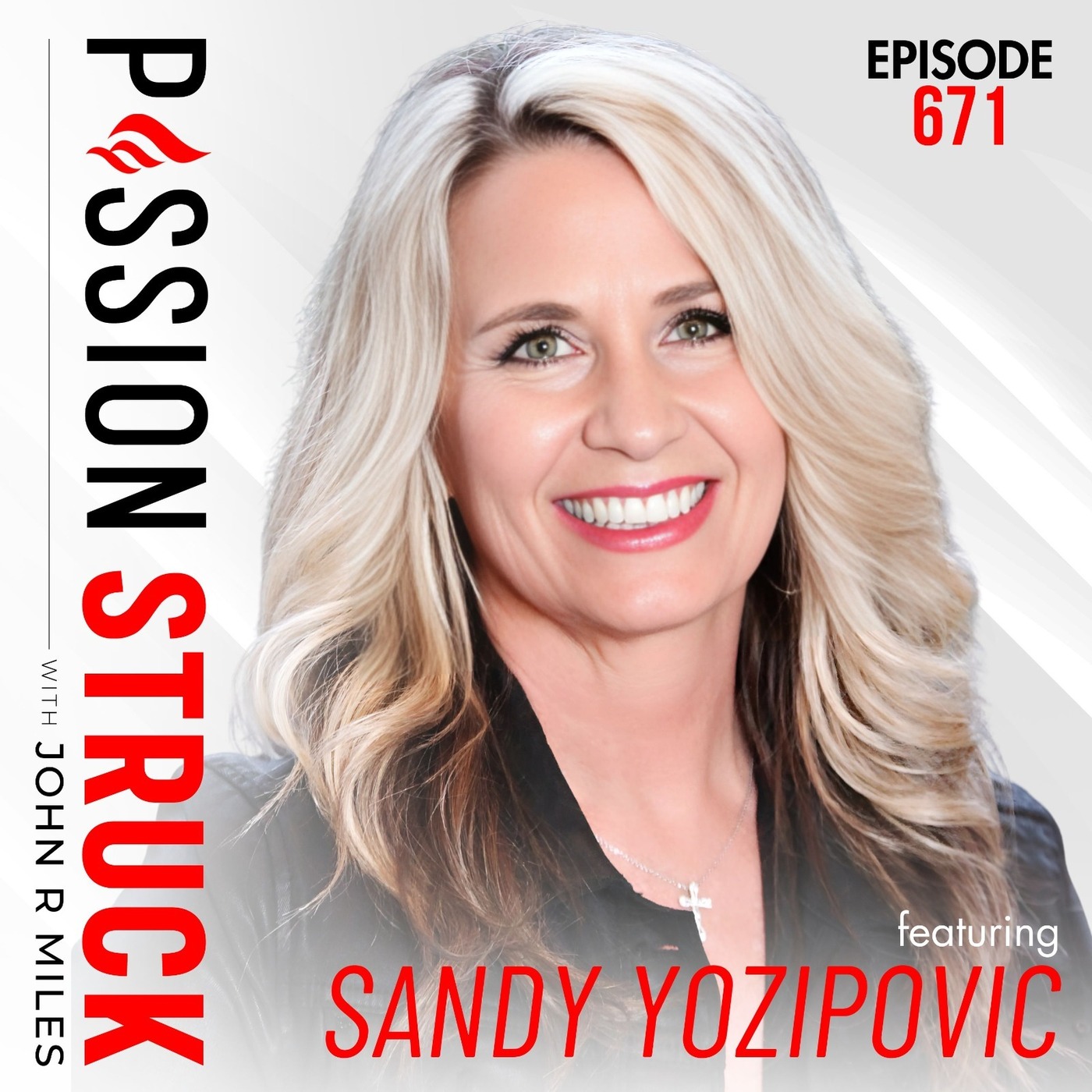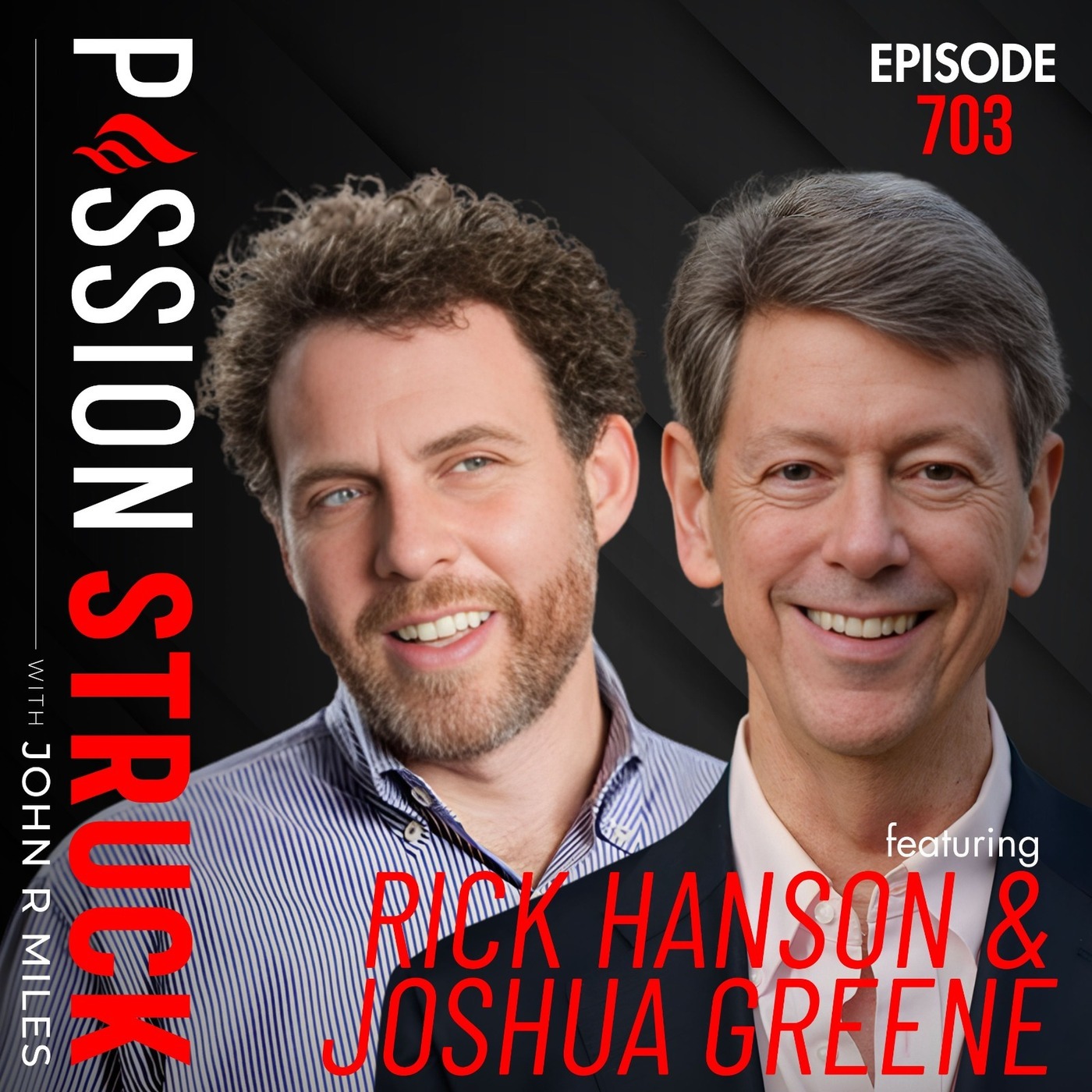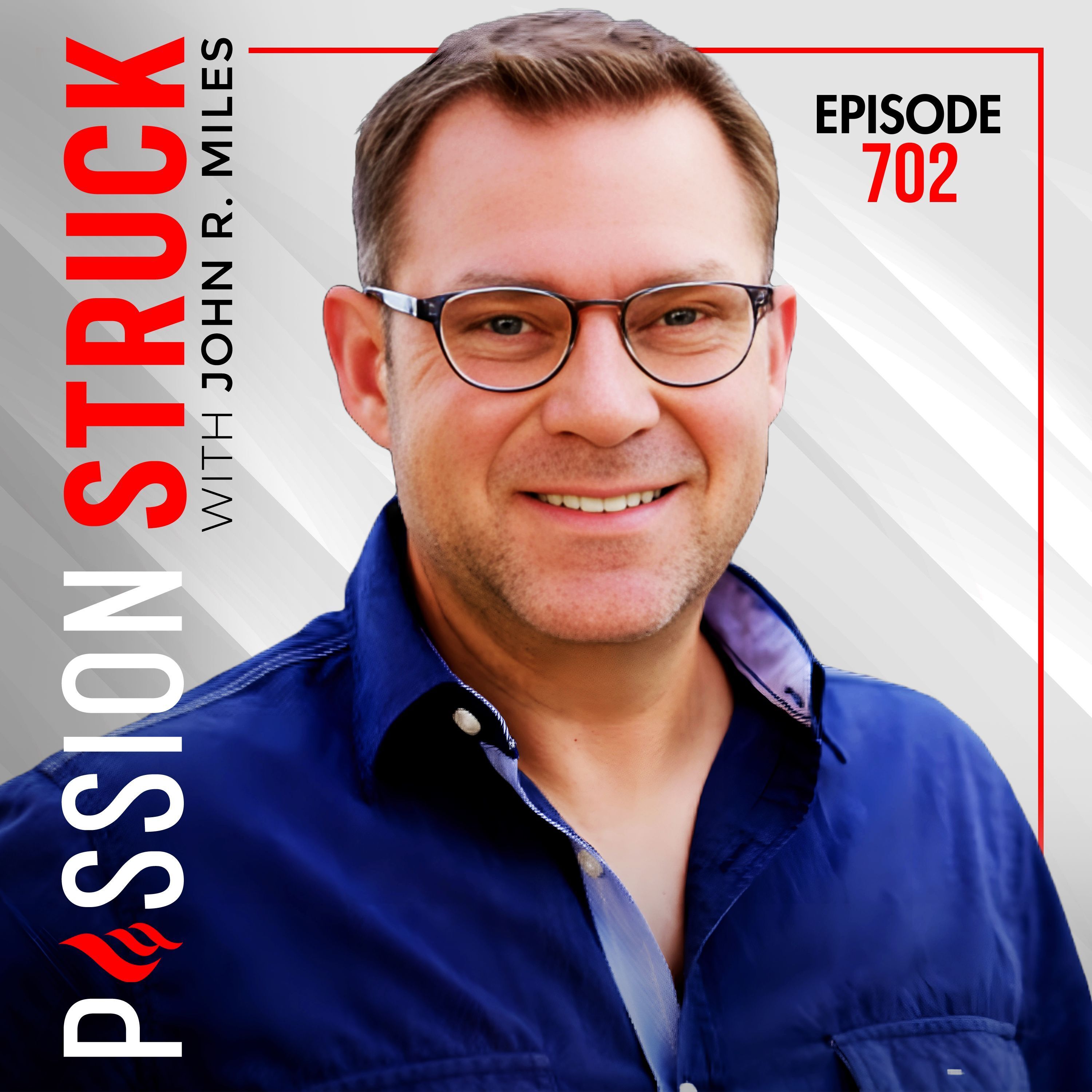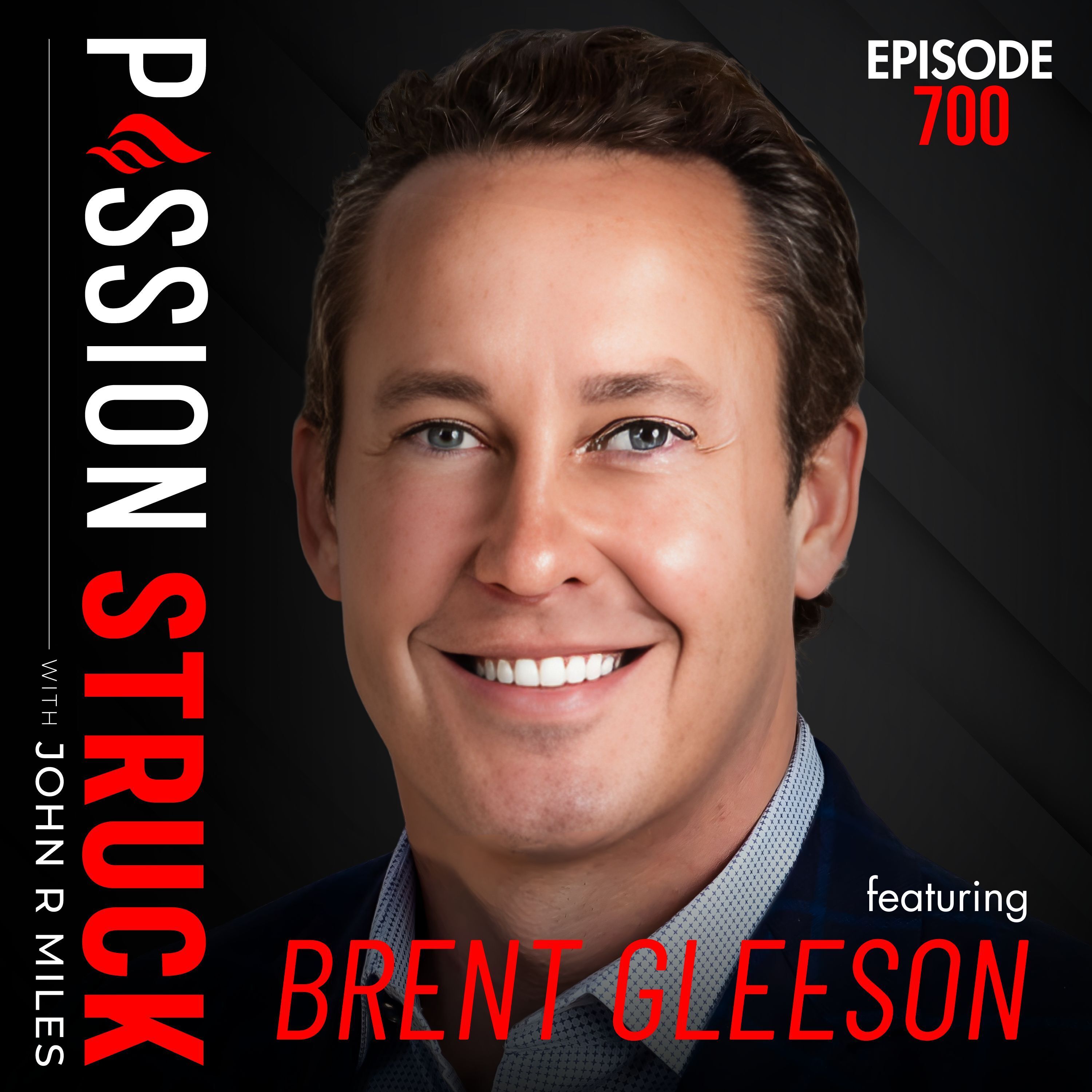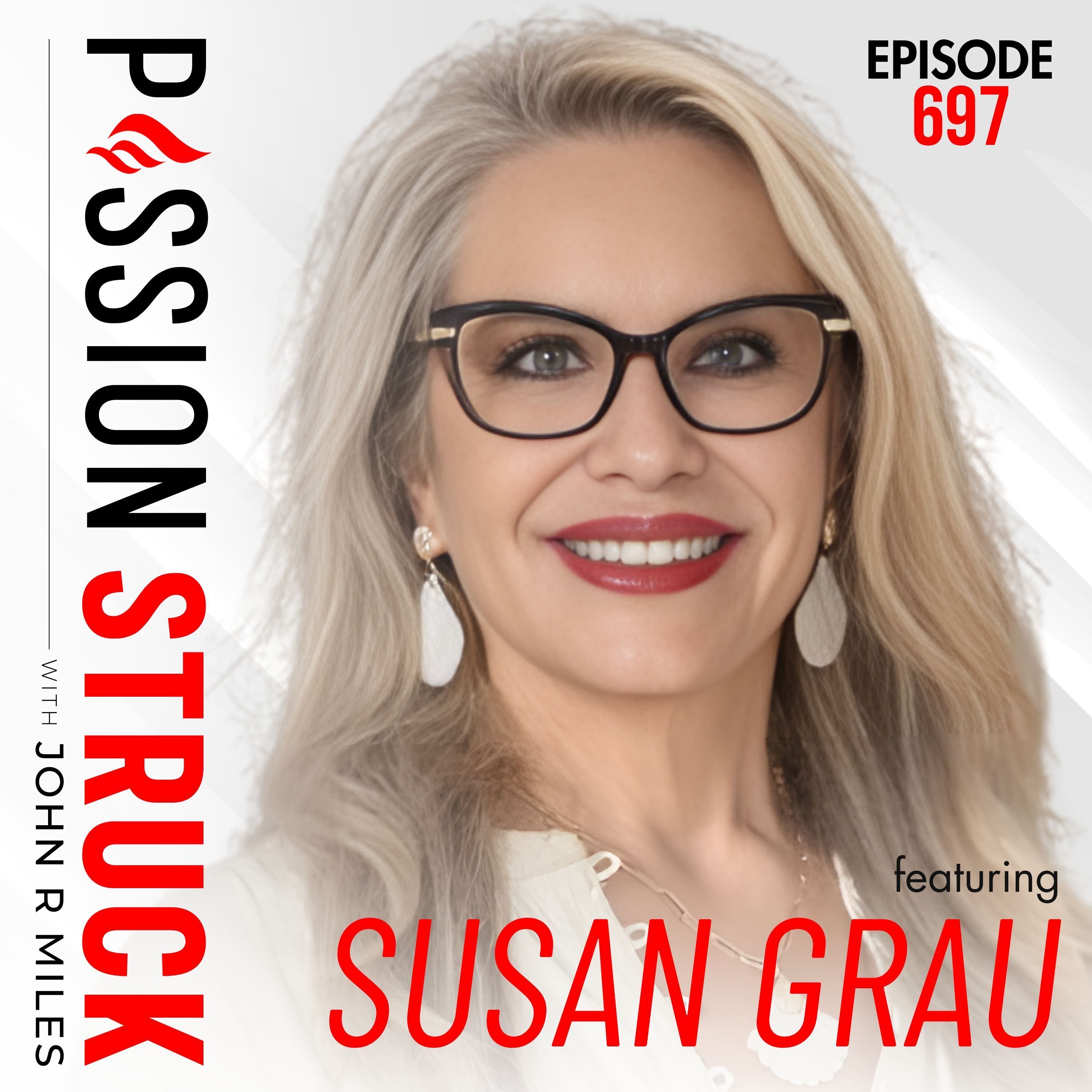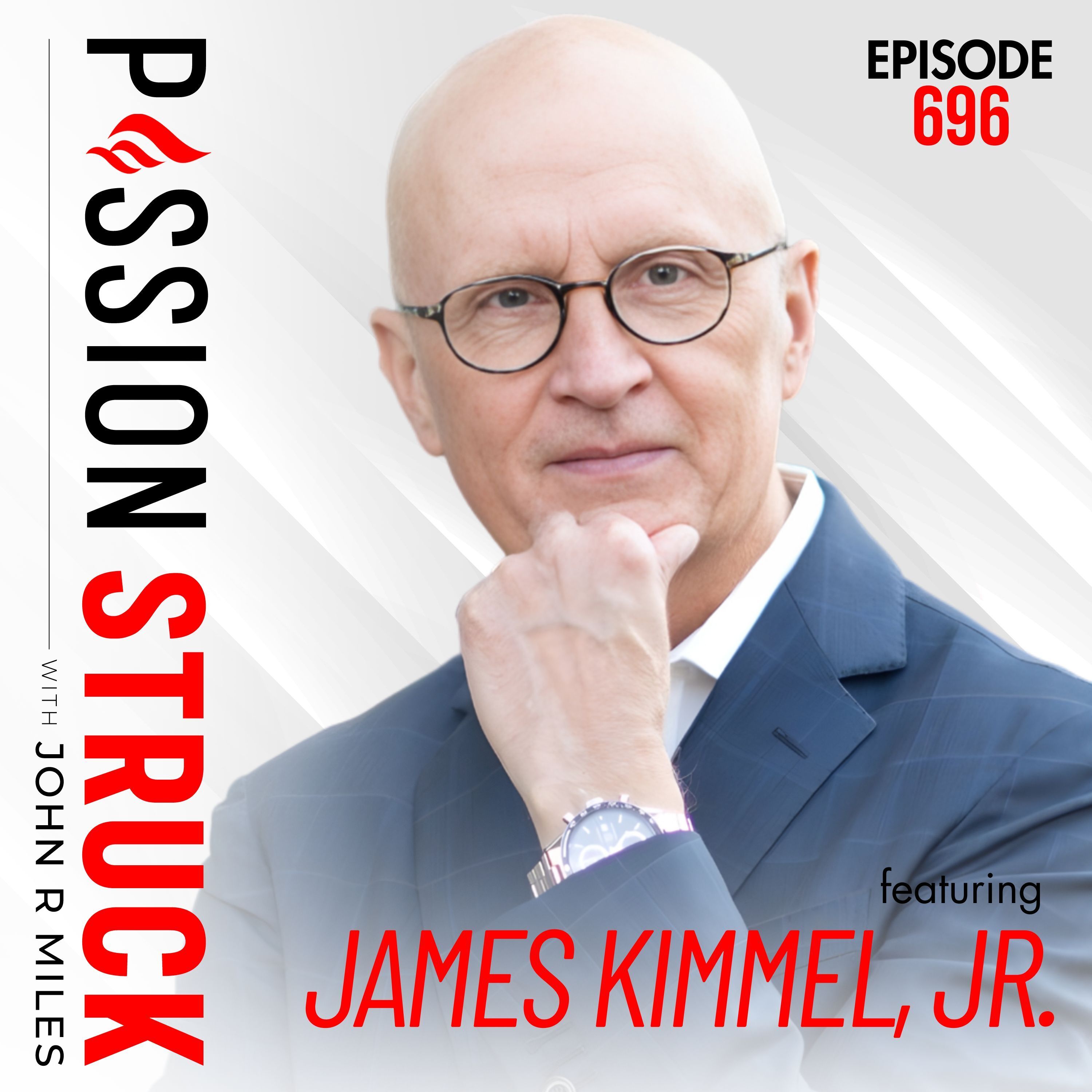Sandy Yozipovic on Surviving Paralysis, Beating Stage 4 Cancer, and Choosing Faith Over Fear | EP 671
Life has a way of testing us in ways we never imagined. For some, those tests are inconveniences or temporary setbacks. For others, like Sandy Yozipovic, there are battles that most of us could not even fathom. Imagine one day waking up paralyzed from Guillain-Barré syndrome, a rare autoimmune disease that attacks the nervous system. And then, years later, you are told you have Stage 4 cancer, and the prognosis is grim.
Most people would crumble under the weight of such a diagnosis. Sandy faced both. Yet, instead of surrendering, she chose to stack the odds in her favor and build a life of faith, resilience, and healing.
Her story, which she shared with me on the Passion Struck podcast, isn’t just about survival. It’s about how to live intentionally when life delivers its harshest blows. It’s about finding strength in the unseen, turning fear into faith, and proving what it looks like to truly overcome impossible odds.
Sandy is co-founder and President of Fullness of Life Foundation –a nonprofit that provides public information, education, and awareness regarding the use of advanced, integrative medicine in the prevention and treatment of cancer and other chronic diseases. Their “Give Them Wings” program helps with the financial barriers that families face by sponsoring the treatment for children with life-threatening cancer or other diseases. Her healing journey led her to the Envita Medical Center in Scottsdale, Arizona, where she experienced firsthand the power of integrative and personalized medicine.
Click here for the full shownotes!
Go Deeper: The Ignited Life Substack
If this episode stirred something in you, The Ignited Life is where the transformation continues. Each week, I share behind-the-scenes insights, science-backed tools, and personal reflections to help you turn intention into action.
Subscribe🔗 and get the companion resources delivered straight to your inbox.
If you liked the show, please leave us a review—it only takes a moment and helps us reach more people! Don’t forget to include your Twitter or Instagram handle so we can thank you personally.
Get the full companion workbook at TheIgnitedLife.net
Full episode on YouTube: https://www.youtube.com/@JohnRMiles
Listen on Apple Podcasts, Spotify, or wherever you get your podcasts
Everyone deserves to feel valued and important. Show it by wearing it: https://startmattering.com/
See Privacy Policy at https://art19.com/privacy and California Privacy Notice at https://art19.com/privacy#do-not-sell-my-info.
Press play and read along
Transcript
Transcript is processing—check back soon.
